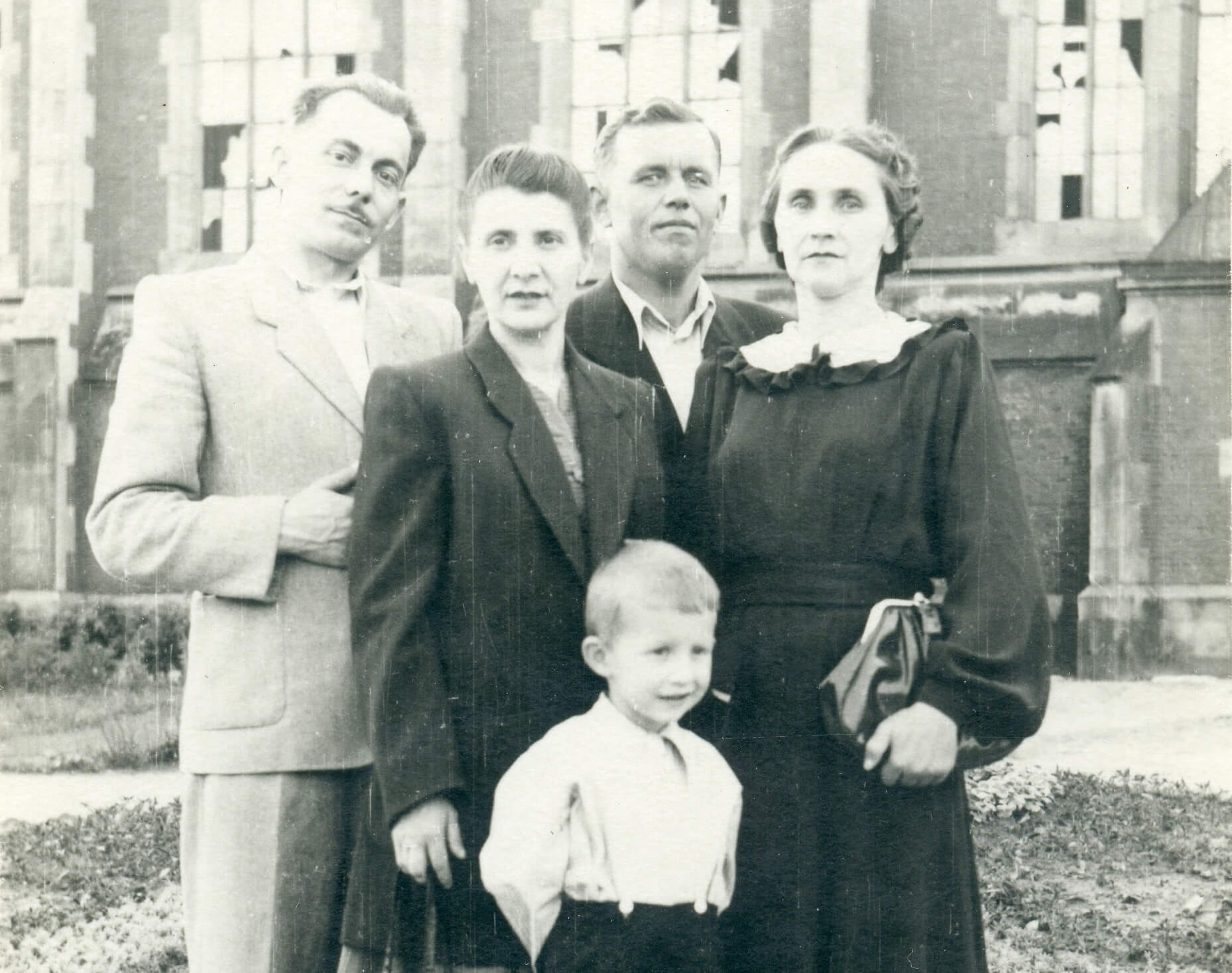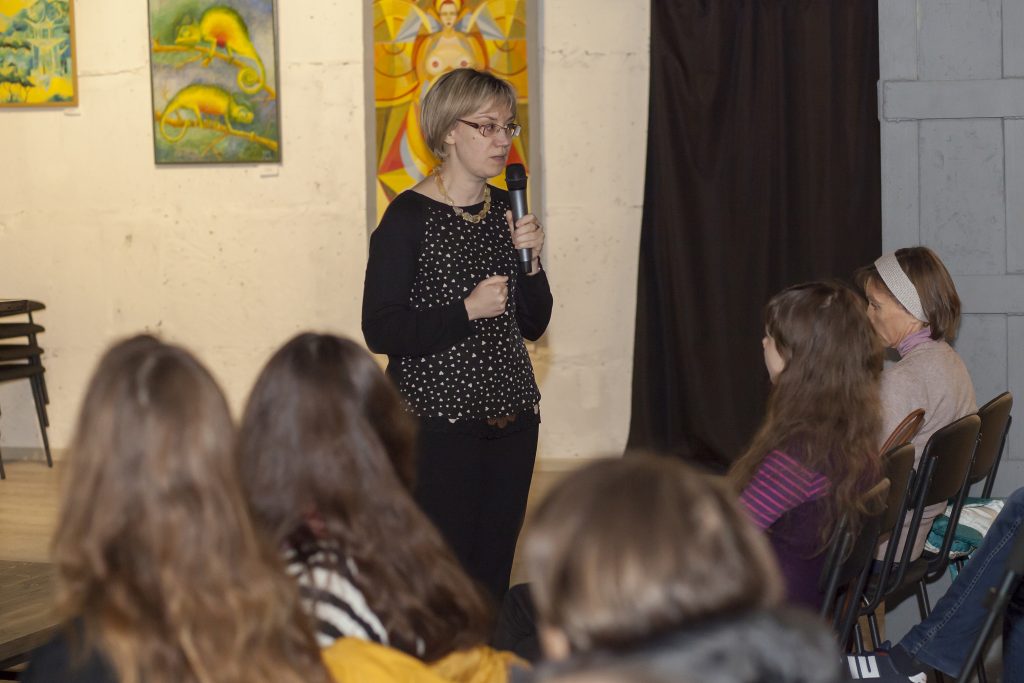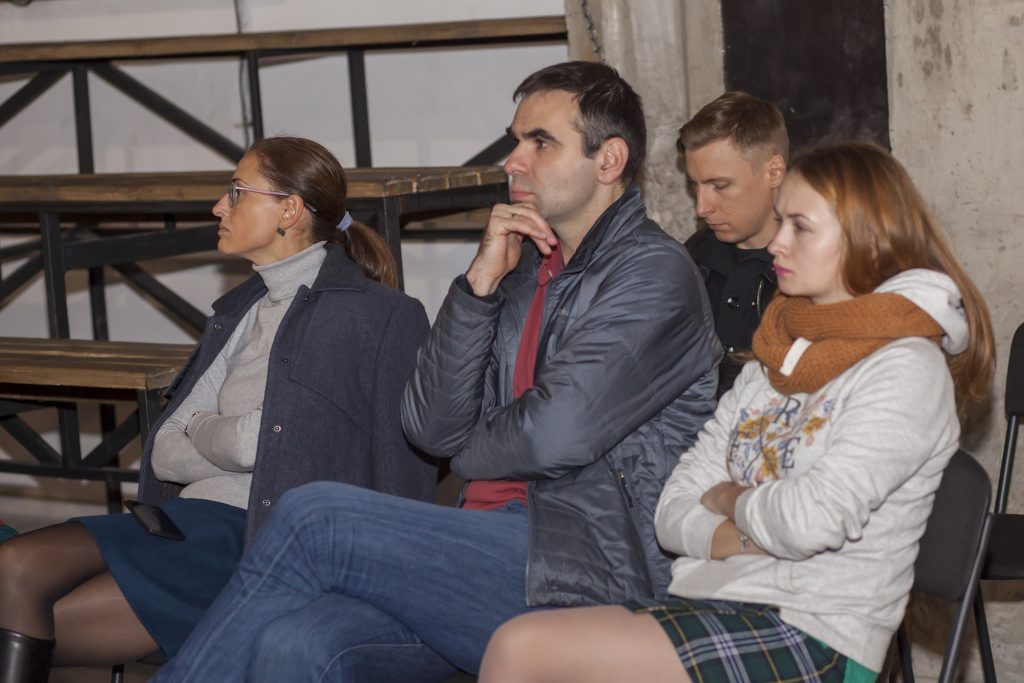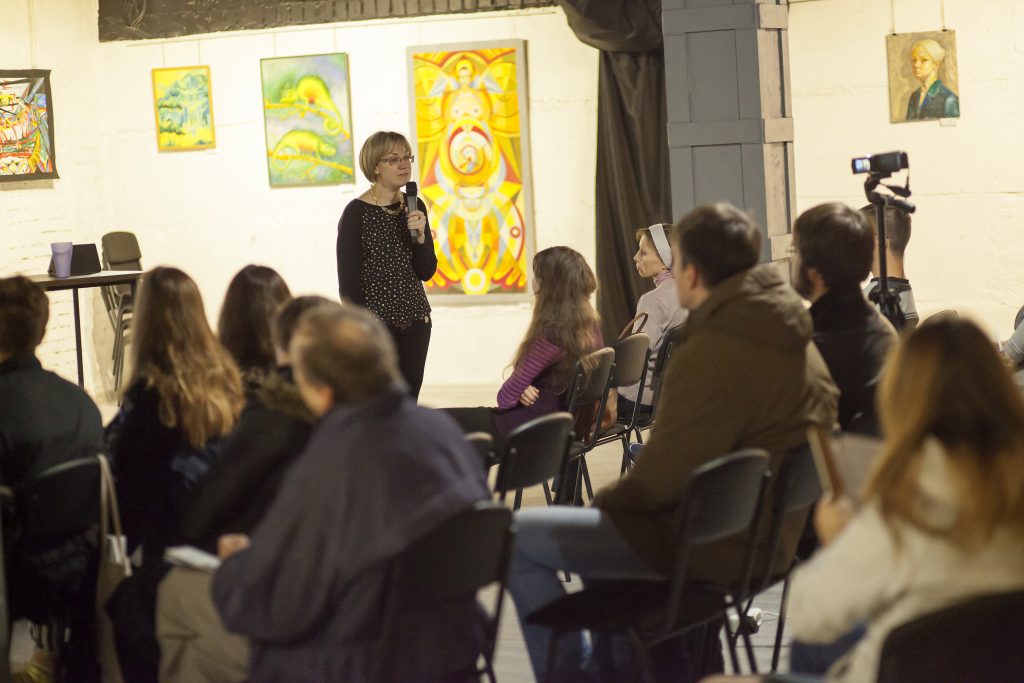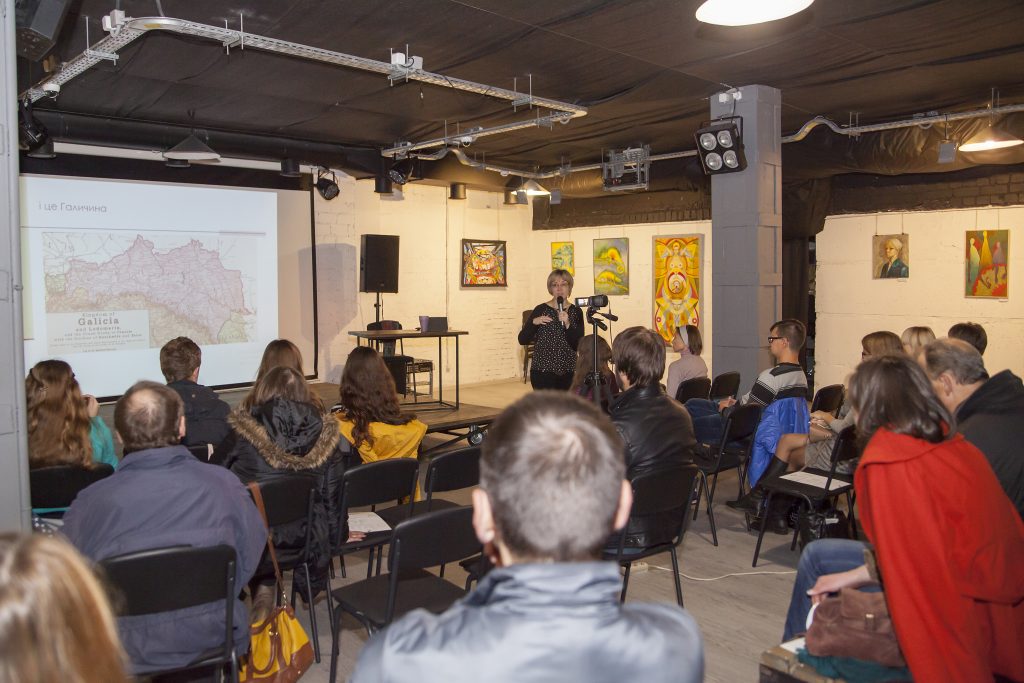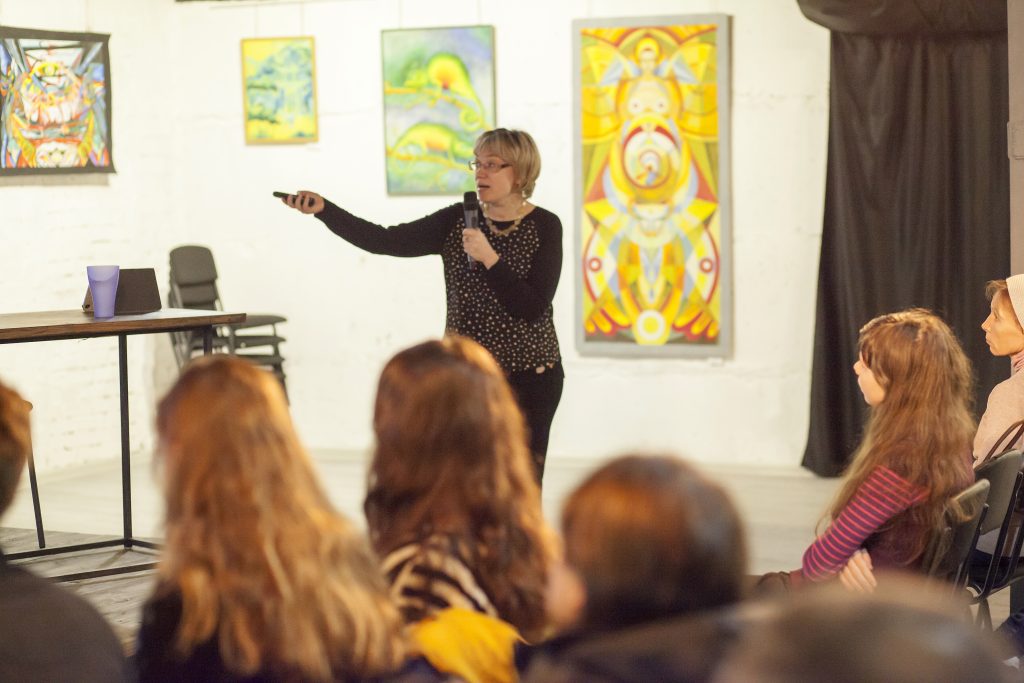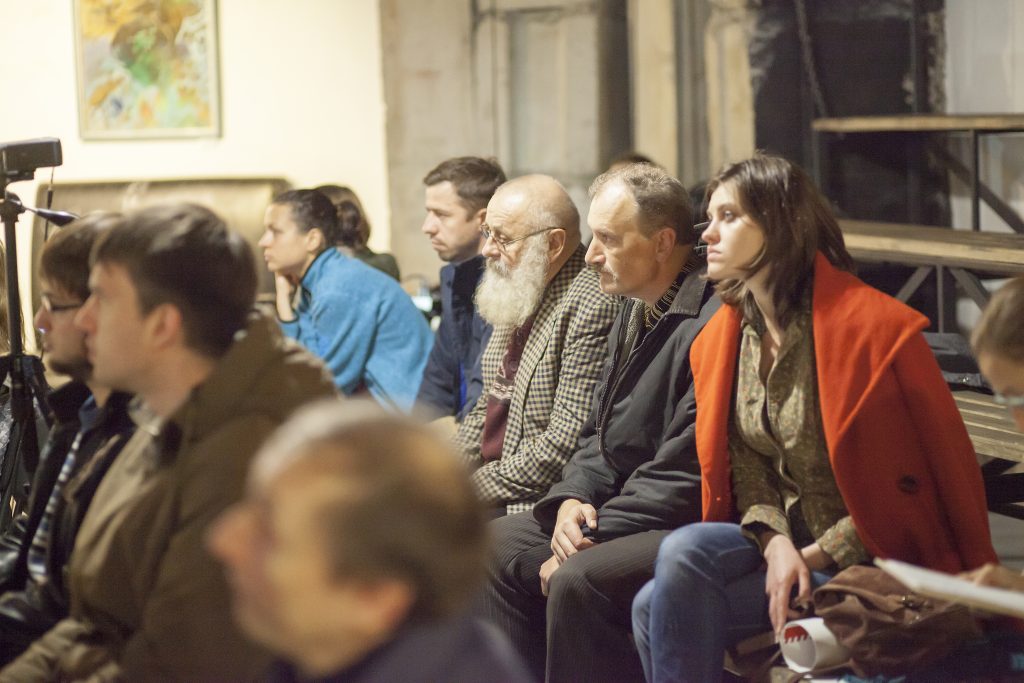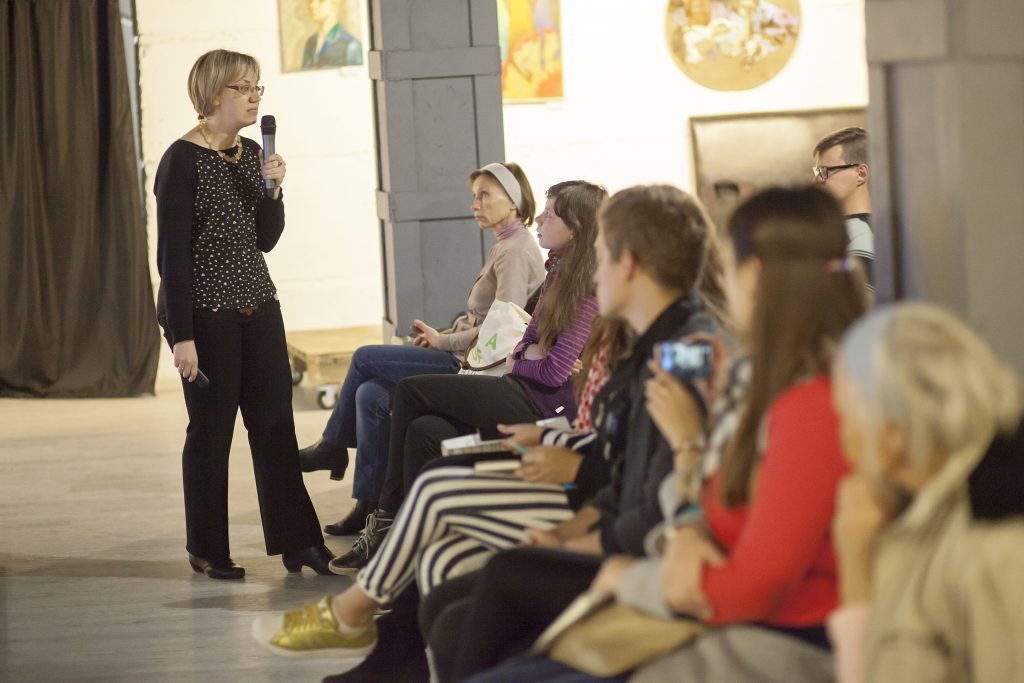Memory, Blindness, and the Insight: Galicia and Its Facets in the 20th Century
Iryna Starovoyt
Ivan Franko National University in Lviv10.10.2016
Kharkiv, Art Area "ДК" Chernyshevskoho str., 13
Galicia of the first half of the 20th century is one of the most dangerous, versatile and turbulent parts of the world. In the period between 1914 and 1944, the rule had changed over 7 times here, while violence and terror of different degree threatened, destroyed and displaced people. The Holocaust, ethnic purges, and deportations desolated Galicia, and new people started their new life stories in old houses. The memory thereon either had partially vanished, along with its owners, or fell victim to harsh censorship. However, with the collapse of the Soviet Union, with the change of generations and experience, previous ‘installation memory matrices’ went out of order. In terms of private, generational or family memories, they can still be recovered through the effort of recollections and autobiographies in different native tongues. What would our contemporaries in Ukraine unveil then? What do we do then with the sudden clarification, the pain and the burdening knowledge?
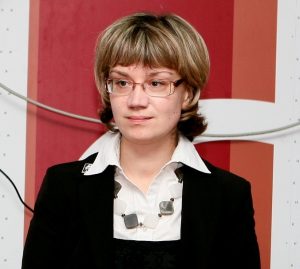
Iryna Starovoyt
is a literary scholar, poet, and a professor at Lviv University and Ukrainian Catholic University. She studies the culture and dynamics of memory about the 20th century in East Europe.
Lecture was held as a part of the lecture and discussion program of the cultural forum "PogranKult: GaliciaKult" and supported by the International Renaissance Foundation.
